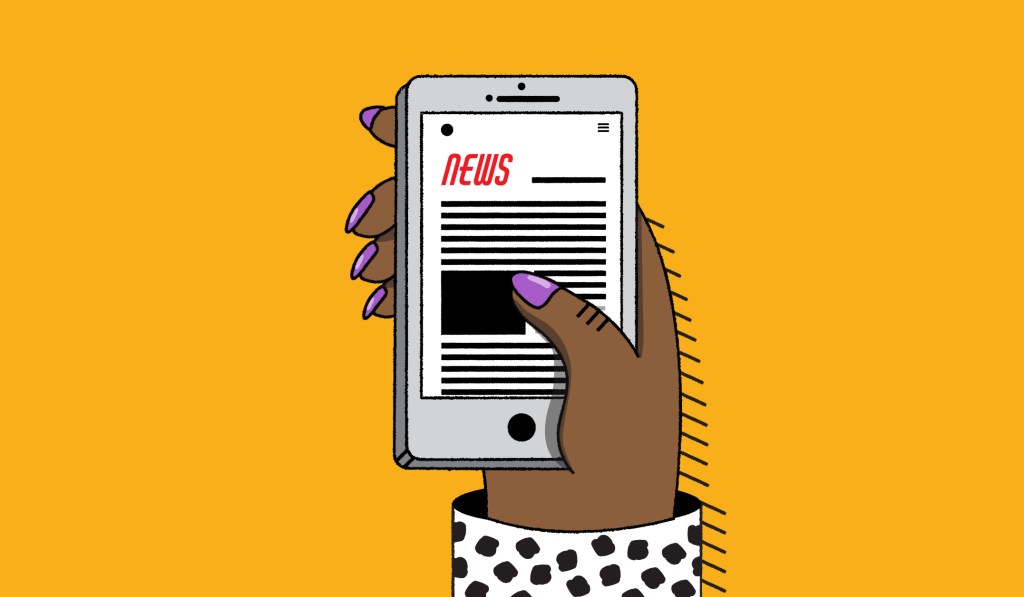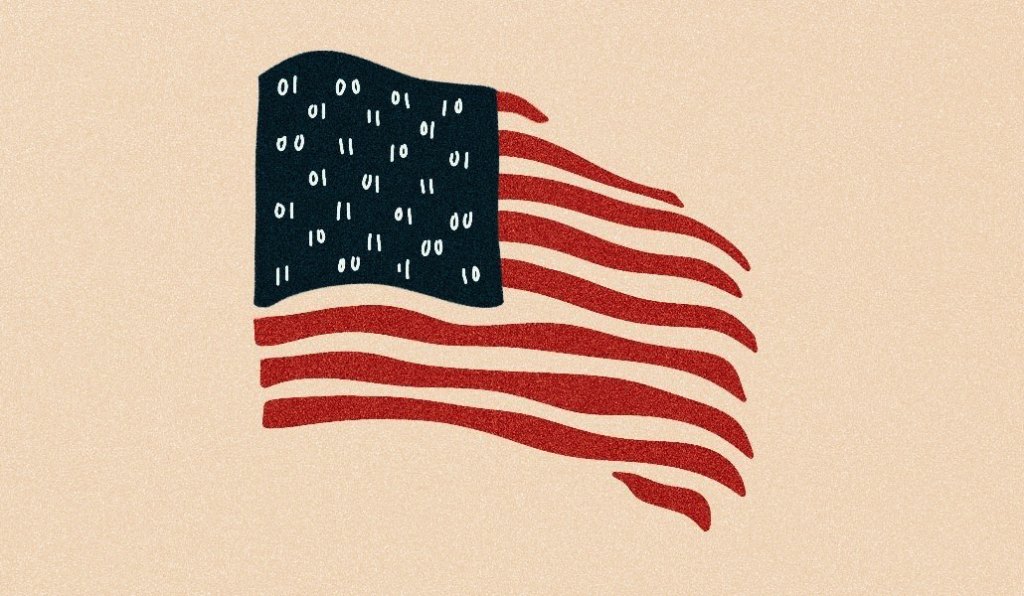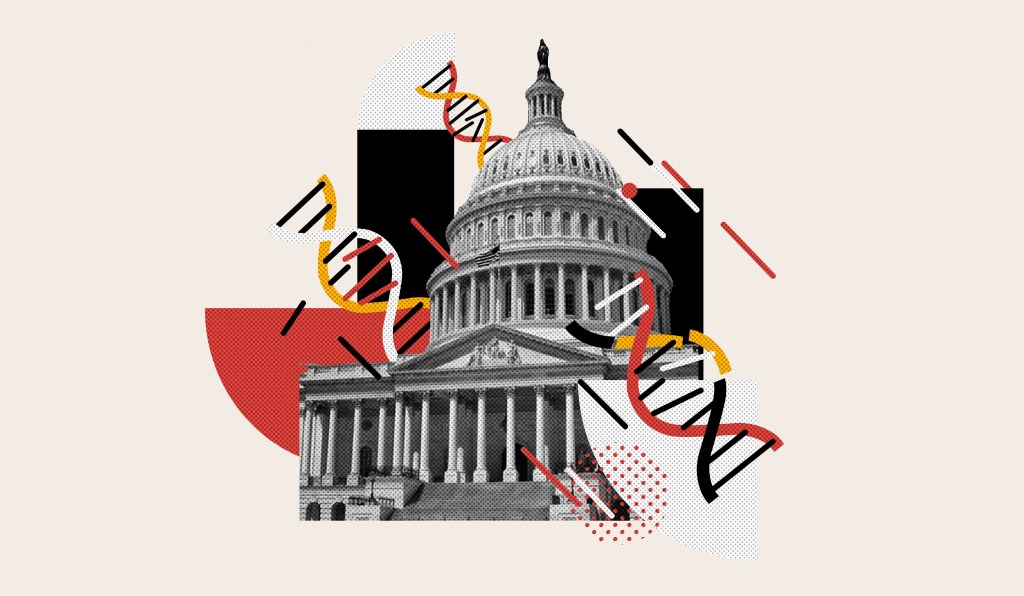By Krystal Scanlon • July 26, 2024 •

Ivy Liu
When it comes to big tech, the next U.S. president is going to have a tough job reining in social media companies’ dominance and power enough to satisfy lawmakers and users, while still encouraging free speech, privacy and innovation.
And while current vice president Kamala Harris hasn’t been officially named the Democratic nominee, she has already secured the support of a majority of Democratic delegates (more than 1,976 votes as of July 23) as well as the endorsement from current President Joe Biden.
Which is why we took at look at Harris and her views going head-to-head in the election for the top White House job against former President Donald Trump.
Digiday takes stock of where the two presidential candidates stand when it comes to the key issues for social media and big tech. Neither campaign responded to Digiday’s requests for comment.

TikTok ban
Harris: Has not stated intentions on a TikTok ban.
Trump: Tried to ban TikTok in 2020 as president, but reversed his position in March 2024 when the bill first entered the U.S. House. This was around the same time Trump was rebuilding his relationship with Republican party mega-donor and hedge fund manager Jeff Yass, who reportedly has a financial stake in the entertainment app.

Content moderation, misinformation and fake news
Harris: Wants stricter regulations to hold social media platforms accountable for the harmful content on their apps as well as transparency into how they moderate content.
Her stance has often reflected an openness to a collaborative approach between the government and social media to resolve this.
Trump: Advocated for the revision of Section 230 in 2020 (which currently protects owners of social platforms from liability for anything posted by third parties).
He has often criticized social media platforms for “fake news”, despite spreading misinformation on the platforms himself.

Online harassment and hate speech
Harris: Supports holding social media platforms accountable for harassment and hate speech, and believes they have not addressed the issues adequately enough.
Trump: Not pushing for stronger measures to be put in place against harassment and hate speech and seems more in favor of protecting free speech.

Data privacy
Harris: Wants stronger privacy laws to protect social media users’ (consumers’) personal information, and supports giving users control over their data and how those companies use it.
Trump: Not particularly vocal on specific privacy policies, but generally supports a lighter regulatory approach.

Antitrust enforcement
Harris: Would likely continue Biden’s antitrust enforcement, which promotes fair competition and aims to prevent monopolies.
Trump: Previously acted rather aggressively than what is typical of Republicans, and scrutinized M&A deals, especially in tech.

Tech company break-ups
Harris: Previously expressed she was open to considering breaking up big tech companies in 2019.
Trump: Isn’t likely to pursue tech company break-ups as a focus. Trump is interested in breaking up big tech, but largely due to personal grievances such as reportedly believing that the companies aren’t treating him fairly, rather than due to antitrust concerns.

AI regulation
Harris: Supports Biden’s executive order for greater public oversight and regulation of AI.
Trump: Trump has promised to reverse Biden’s executive order on AI.

Election interference
Harris: Acknowledged potential foreign interference in elections and put responsibility on the platforms from preventing future attacks.
Trump: Wants the social media platforms to do more to prevent election interference, and in 2020, publicly threatened on X (then Twitter) to “strongly regulate or close them down” if they don’t. Trump has repeatedly claimed that social media platforms interfered with the 2016 election, and has since been critical of what he believes is censorship and bias against conservatives on those platforms.
https://digiday.com/?p=550787
More in Marketing

Hyve Group buys the Possible conference, and will add a meeting element to it in the future
Hyve Group, which owns such events as ShopTalk and FinTech Meetup, has agreed to purchase Beyond Ordinary Events, the organizing body behind Possible.

Agencies and marketers point to TikTok in the running to win ‘first real social Olympics’
The video platform is a crucial part of paid social plans this summer, say advertisers and agency execs.

Why Esports World Cup sponsors aren’t in it for the viewership
Over the past month, the Esports World Cup has announced a veritable who’s-who of major non-endemic sponsors, including PepsiCo, Mastercard, Unilever, Amazon and Adidas. Instead of focusing on viewership, brands such as PepsiCo and Mastercard told Digiday that they sponsored the event in a bid to build a long-term connection with the gaming community in the Middle East.
